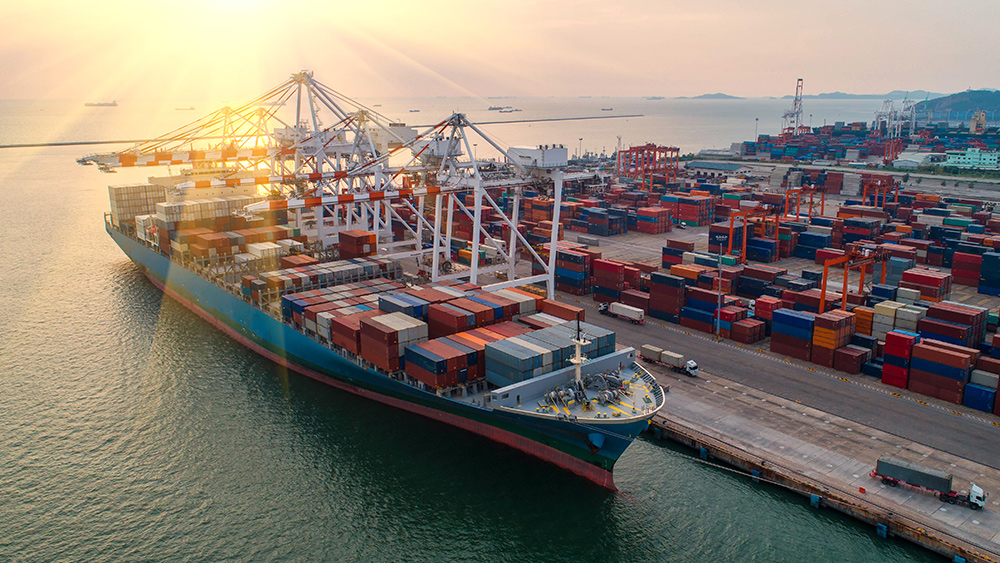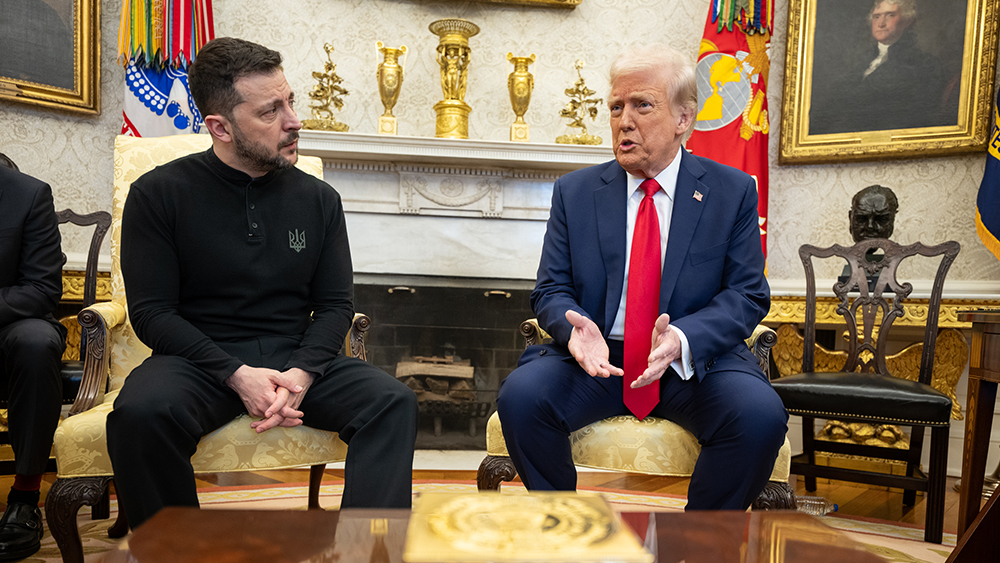 Parler
Parler Gab
Gab
- Saudi Arabia's Vision 2030 aims to reduce oil dependence by boosting trade, tourism and manufacturing. But Houthi attacks on Red Sea shipping have severely disrupted maritime traffic, hurting key Saudi ports.
- King Abdullah Port (a key Vision 2030 project) saw a 70 percent drop in container ship traffic due to security risks. Jeddah Islamic Port also declined but less severely (14 percent drop), as it handles essential imports rather than transshipment. Many ships now reroute to Dammam (eastern coast) for safety.
- The Red Sea coast is central to Saudi Arabia’s non-oil growth, including luxury tourism (Neom) and manufacturing. Overcapacity in regional ports (Saudi Arabia, UAE, Egypt) and weak investor interest are worsening the situation.
- Houthis vow to attack ships linked to Israel, making the Red Sea unsafe despite a truce attempt by the U.S. Many shipping companies now take the longer (and costlier) route around Africa to avoid the Red Sea.
- Saudi Arabia pushed for a halt to U.S. airstrikes on Houthis, but attacks continue. A Gaza ceasefire may be the only way to stop Houthi disruptions, but the situation remains unresolved.
Houthis escalate their attacks: The broader economic implications
The disruption in maritime trade has far-reaching consequences for Saudi Arabia's economic diversification plans. Crown Prince Mohammed bin Salman's Vision 2030 aims to reduce the country's reliance on energy by expanding relevant sectors such as manufacturing and tourism. The Red Sea coast is a crucial component of this vision, intended to host luxury hotels and factories. Robert Mogielnicki, a resident scholar at the Arab Gulf States Institute, said that the Red Sea is "the most important dimension of the Vision 2030 plan for developing untapped potential - especially non-oil and gas related." Mogielnicki added that when in terms of the countrywide transformation, the Red Sea coast is crucial. However, the port-building boom in the region – involving Saudi Arabia, the UAE and Egypt – has led to overcapacity. To date, there isn't enough trade to match the infrastructure. Moreover, projects like Neom are being scaled back due to weak foreign investor interest and lower oil prices – further complicating Riyadh's economic diversification efforts. The Houthis have been escalating their attacks, pledging to target any vessel associated with companies that have dealings with Israel, "regardless of its nationality and destination." This escalation has raised concerns about the safety of a vital trade route, despite a truce announced by President Donald Trump earlier in May, which was intended to restore freedom of navigation in the Red Sea. The parameters of the truce were unclear, and the Houthis have stated they will continue attacks targeting Israel. The episode has renewed fears that the Red Sea is no longer a safe passage, prompting vessel owners to avoid the area and seek alternative routes around Africa's Cape of Good Hope. (Related: U.S. THAAD defense system makes first missile interception against Houthi attack in Israel.) An Egyptian intelligence delegation told U.S. counterparts that the only way to effectively halt the Houthi attacks is to achieve a ceasefire in Gaza, indicating a lack of appetite for resuming military operations. Visit Chaos.news for more updates about ongoing global conflicts. Watch the full video below of "Brighteon Broadcast News" with the Health Ranger Mike Adams as he discusses Trump's tariffs on countries that produce the transformers needed to build U.S. factories and data centers. This video is from the Health Ranger Report channel on Brighteon.com.More related stories:
U.S. Navy destroyers successfully repel Houthi missile and drone attacks in Gulf of Aden. Israeli military hits Houthi targets in Yemen, leaving key port city in darkness. Israel vows to strike Yemen “without restrictions” after Houthi missile hits Ben Gurion airport. Sources include: MiddleEastEye.net NYTimes.com TimesOfIsrael.com Brighteon.comZelensky rejects Trump’s land swap proposal as Putin demands Ukrainian withdrawal
By Cassie B. // Share
Israel kills five Al Jazeera journalists in targeted strike to silence Gaza coverage
By Cassie B. // Share
Australia joins global push for Palestinian statehood amid Gaza genocide
By Cassie B. // Share
Germany suspends military exports to Israel amid Gaza crisis
By Belle Carter // Share
Trump authorizes military action against terrorist-designated DRUG CARTELS
By Laura Harris // Share
Governments continue to obscure COVID-19 vaccine data amid rising concerns over excess deaths
By patricklewis // Share
Tech giant Microsoft backs EXTINCTION with its support of carbon capture programs
By ramontomeydw // Share
Germany to resume arms exports to Israel despite repeated ceasefire violations
By isabelle // Share










